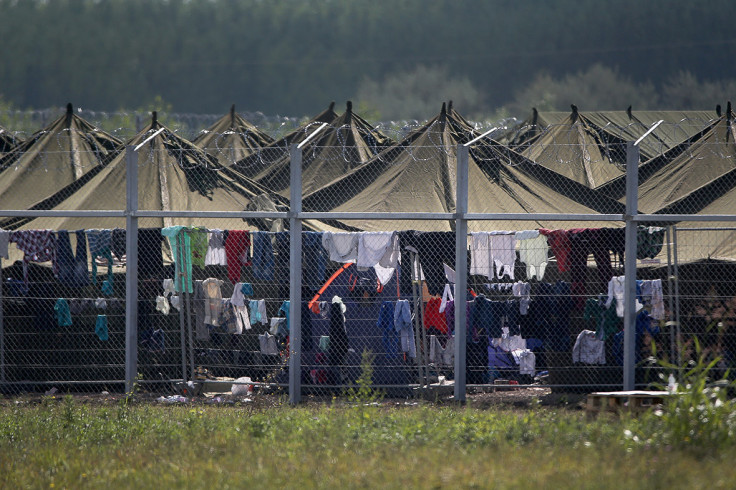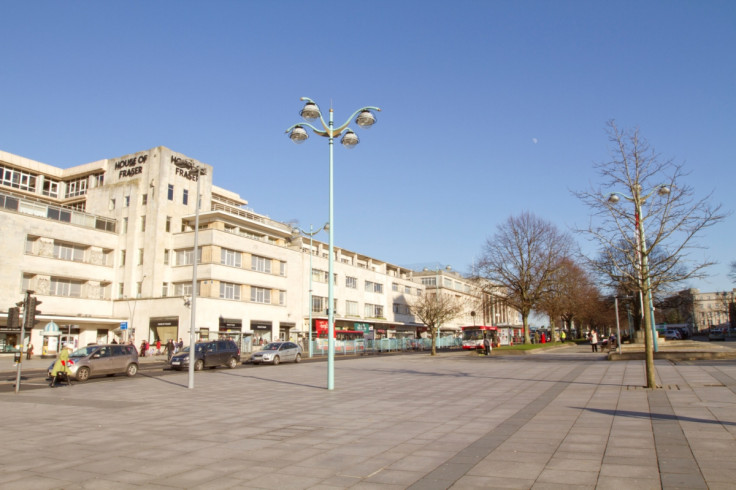Migrant crisis: Where will the 20,000 Syrian refugees coming to the UK live?

The government has said it will resettle 20,000 of Syria's most vulnerable refugees in the next five years in the wake of mounting public pressure over Europe's migrant crisis and the suffering of millions of people living in camps in the Middle East.
Syrians have continued to arrive in the UK as part of the government's commitment to the Vulnerable Persons Resettlement Scheme – a UN programme it agreed to in 2014. But now the Home Office, the Local Government Association, the Department for Communities and Local Government and dozens of local authorities are in the process of frantic negotiations over how the resettlement of 20,000 Syrians in the UK will work.
Crucial to that process is where the refugees will go and how their resettlement will be funded. While a number of local government bodies have come forward to say they will take refugees, until the question of funding is resolved, the implementation of the scheme is being held up.
Home Secretary Theresa May has said the first year of the programme will be paid for from available overseas development aid funding. How the plans will move forward afterwards will be considered after George Osborne's spending review in November. It is anticipated that the Home Office will be making an announcement soon.
For Plymouth City Council, a dispersal city for refugees and asylum seekers and one of the local authorities that has said it is equipped take a portion of the 20,000, the situation needs to be clearer before they can commit to a specific number.
Kevin McKenzie, from Plymouth's Social Inclusion team, explains that in the city, which processes up to 300 asylum seekers at any given time, public will to take more refugees is clear.

"We are a welcoming city. We are a city that it is trying to grow and one that recognises that a lot of growth that has come over the last ten years has come from outside of the UK,"
Kevin McKenzie - Plymouth City Council
"We feel we are well placed to do it but we can't if we don't have resources for more than the first year," he told IBTimes UK.
The council is in the process of recording all the offers made by the public to house Syrian refugees and donate whatever they can but the vulnerability of those who will arrive means the programme will need more than charity to survive.
McKenzie said the cost of taking on unaccompanied asylum-seeking children is higher due to the extra support they need. People may not have thought through the commitment – for example, offering to accommodate a Syrian child effectively means they would be acting as foster parents. In addition, the children could have special educational needs, which could include mental health issues or physical or learning disabilities.
"We are a welcoming city. We are a city that it is trying to grow and one that recognises that a lot of growth that has come over the last ten years has come from outside of the UK," McKenzie said. "The issue for us has always been the costs."

Plymouth has experience with programmes like the Vulnerable Persons Resettlement Scheme which it has been looking at for the past year. In November 2014 the city took on its first group of families from the Home Office's programme to resettle Afghan translators who worked with the British Army in Helmand Province.
Central to their resettlement has been START, a charity that pairs students with refugees. The group is one of a myriad of organisations across the country, unique to its own area, which manages refugees and asylum seekers' transition into the UK. It was started in 2001 and has waxed and waned in size during local government funding cuts and differing levels of public support for the conditions of the UK's refugee population.
Avril Bellinger, the chair of the charity and a senior lecturer at Plymouth University, said the group looks to empower refugees and asylum seekers to see themselves as resources and works with around 300 individuals each year. Plymouth's branch of the Red Cross and PATH (Plymouth Access to Housing) also help the council bridge the gap as Asylum seekers are integrated into society.
While Plymouth is likely to host some of the 20,000 Syrian refugees, the programme is not without obstacles and opposition. Afghans in the city's translator programme have struggled to find jobs and the majority remain in temporary housing nearly a year after they arrived. Established communities also fear that they will lose out to migrants and the refugee population.
"Part of our job is to reassure people that there are positives to a lot of migration to the city," McKenzie explained. "Often people create employment and come and add a lot to the economy so it is not all negativity."
© Copyright IBTimes 2025. All rights reserved.






















